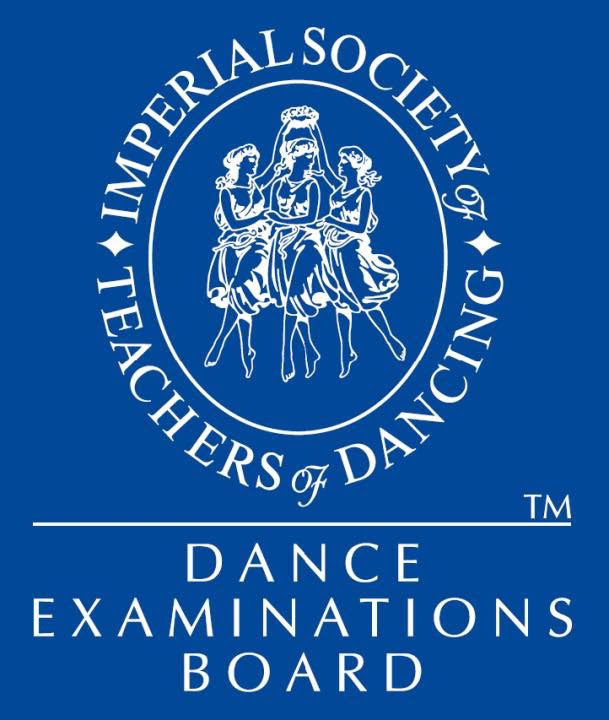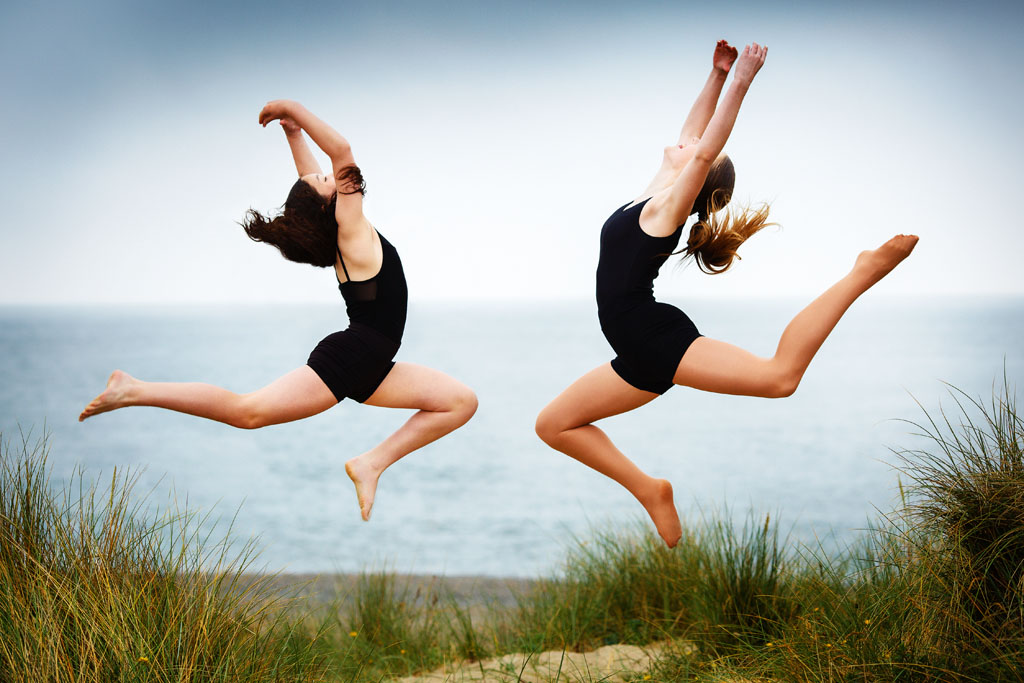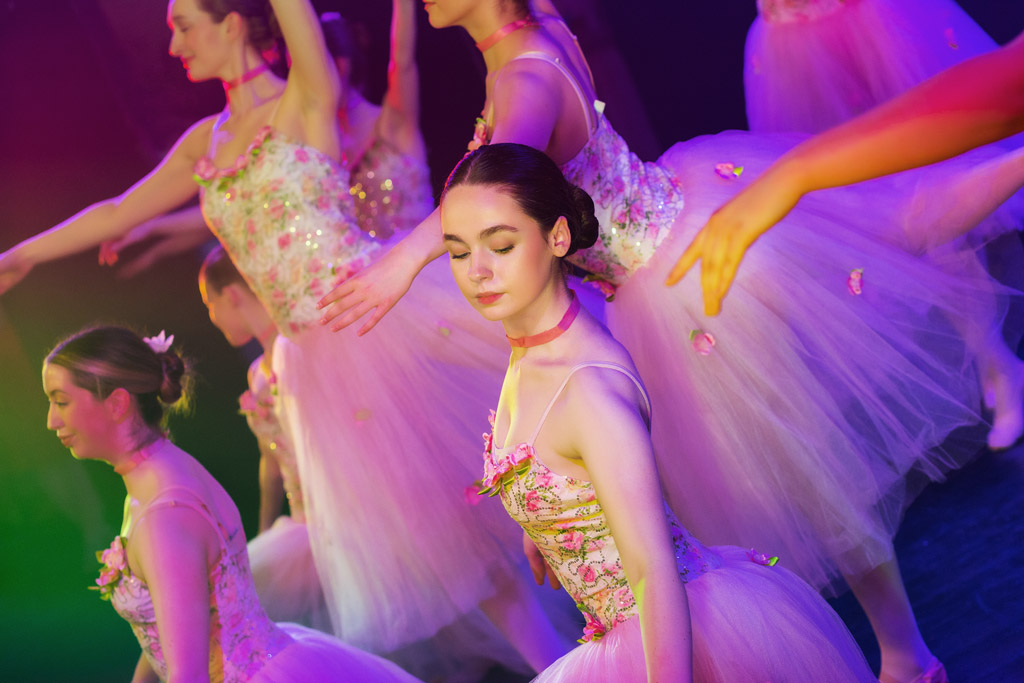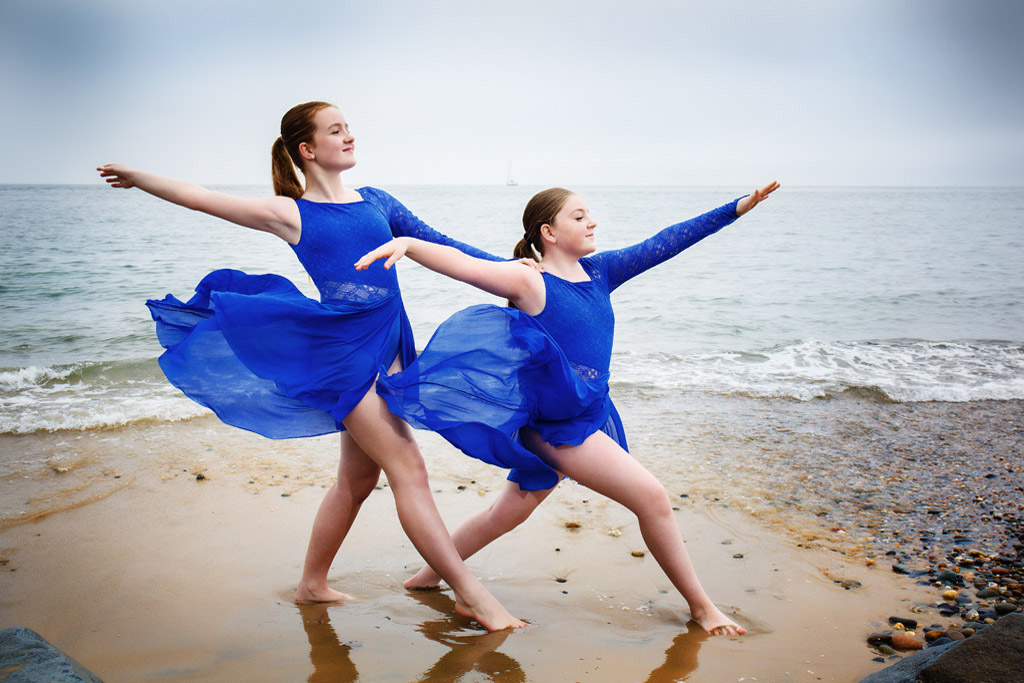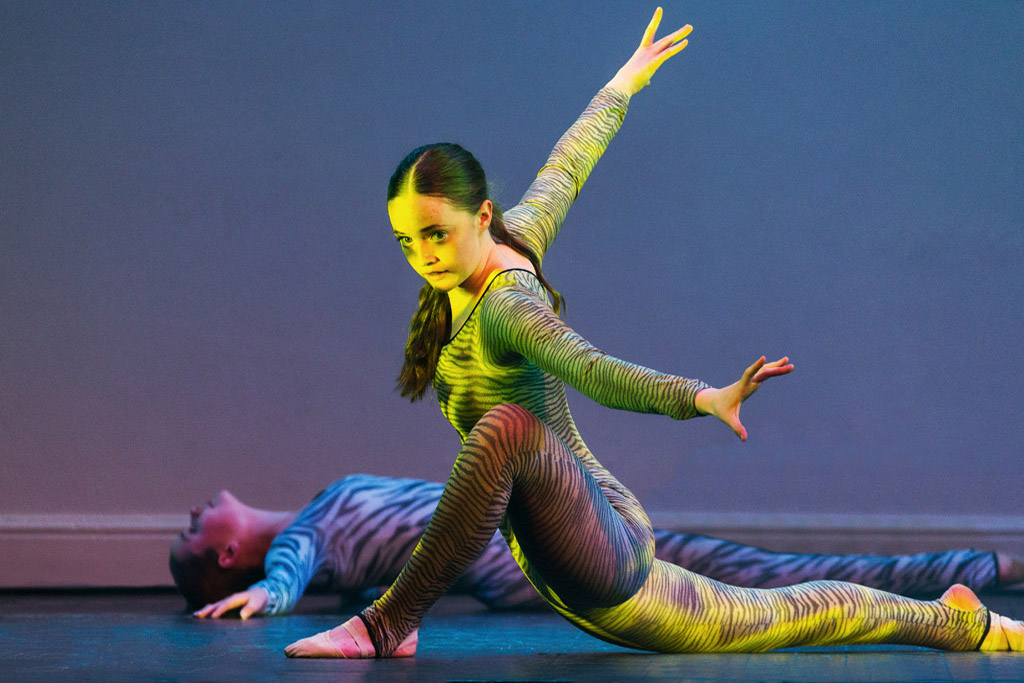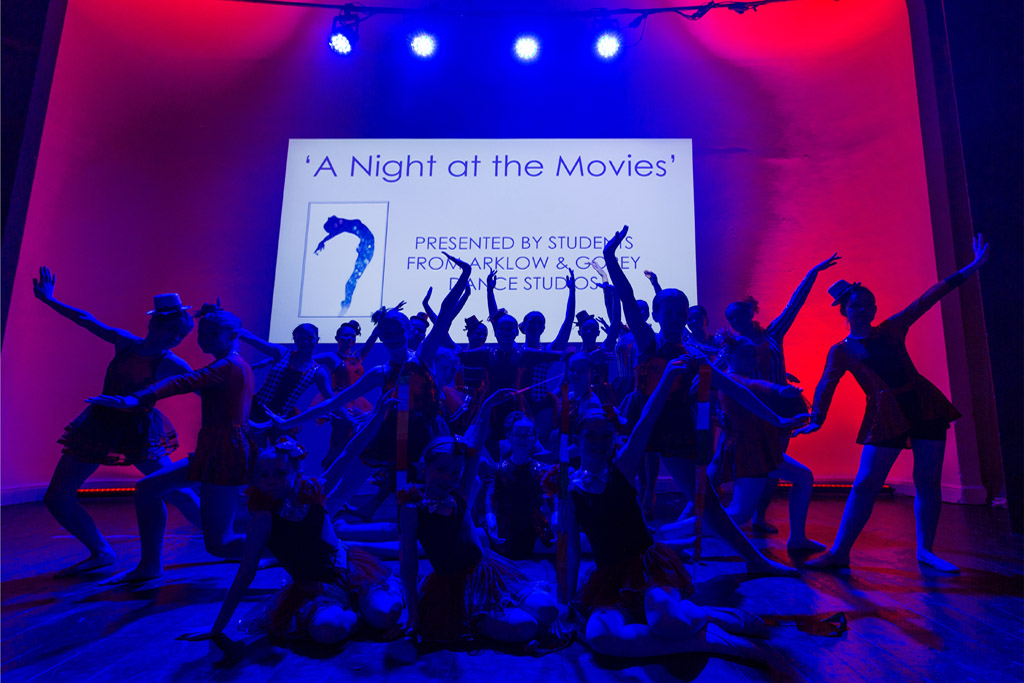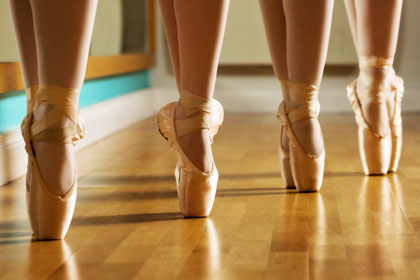Baby Dancers
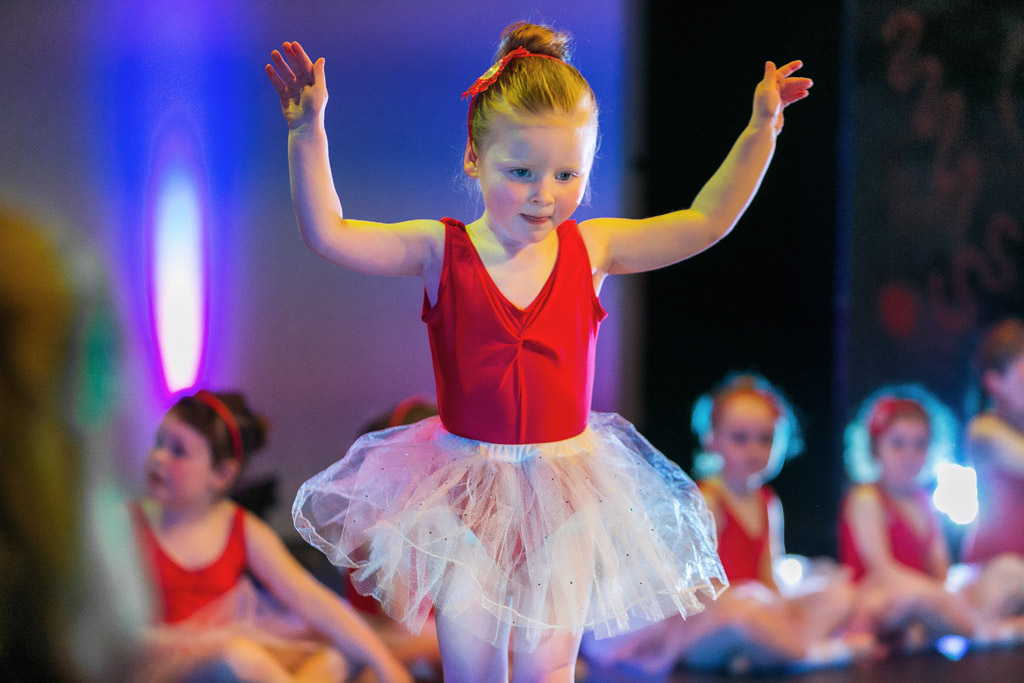
Learning ballet is wonderful for children even if they never become dancers. It is wonderful because it teaches discipline, grace, and manners
This class is for our youngest dancers, starting at the age of 3.
Introducing children to basic movement at an early age improves co-ordination and stimulates creativity and imagination.
Toddlers love to move, stretch and jump.
Teachers can introduce young children to new ways of moving their little bodies in entertaining and constructive ways. All forms of dance, and creative movement can be very beneficial.
Dance promotes discipline, coordination, memory, flexibility, strength, line, grace and stamina. Performing builds positive self-esteem and confidence, helps with other sports, and is just great fun! All children are capable of relating and understanding basic techniques that are shown to them and demonstrated properly.
Introducing your child to dance is one of the greatest gifts you can give them.
Benefits of Dance
Many different types of dance classes are available for children, from modern dance, ballet, tap and jazz to dance that celebrates unique ethnic and cultural traditions. What's the most important thing for parents to keep in mind when choosing a dance class? It's that research has proven that dance provides physical, developmental and artistic benefits to your child.
Physical Benefits
Students build muscle strength while increasing flexibility. Young dancers develop a sense of balance and improve agility and coordination. Importantly, children also develop body awareness and learn correct posture.
These benefits extend beyond a student's involvement with dance, helping youth involved in other disciplines, such as sports and martial arts. Studies have shown that physical activity helps children relieve stress and feel relaxed.
It also is a great way to help your child develop a positive lifelong attitude about staying active and healthy.
Developmental Benefits
Dance classes are fun and a great way to meet new friends. Young dancers develop essential social skills through interaction with other students. Group choreography fosters teamwork, communication, trust and cooperation.
Dance also has been proven to nurture important life skills, such as discipline and focus. Dancers naturally display confidence, self-esteem and poise. These skills are developed through participating in dance performances.
Artistic Benefits
One of the greatest benefits of dance is that it sparks a child's imagination and nurtures individual creativity in a unique way. Dance classes share the joy of physical self-expression in a supportive and structured setting.
This can have a positive impact on children who have limited physical abilities, who act out or who have a difficult time sitting still. Involving children in dance also teaches the basic elements of creative movement, such as time, space, rhythm and design.
While people may not be as familiar with modern dance as with ballet or jazz, modern dance in particular honours the creative spirit and celebrates the individual. Modern dance does not simply conform to conventional movements, shapes and patterns.
Instead, it requires the young dancer to learn movement from the inside out, nurturing the body and focusing the mind.
There is one final reason to get your child dancing.
Research proves there is a strong link between involvement in the arts and increased educational achievement. In fact, one study showed that students who participate in the arts are not only more likely to participate in a math and science fair, but also out-perform their peers in state exams.
These educational benefits are gained by students regardless of their socio-economic status. There's sure to be a dance class that fits your child's interests and your schedule, so why wait?
Enroll your child in a dance class. The lessons she or he learns will last a lifetime.
OTHER CLASSES
-
All of our teachers are qualified under The Imperial Society of Teachers of Dancing (ISTD), the world's leading dance examination board.
